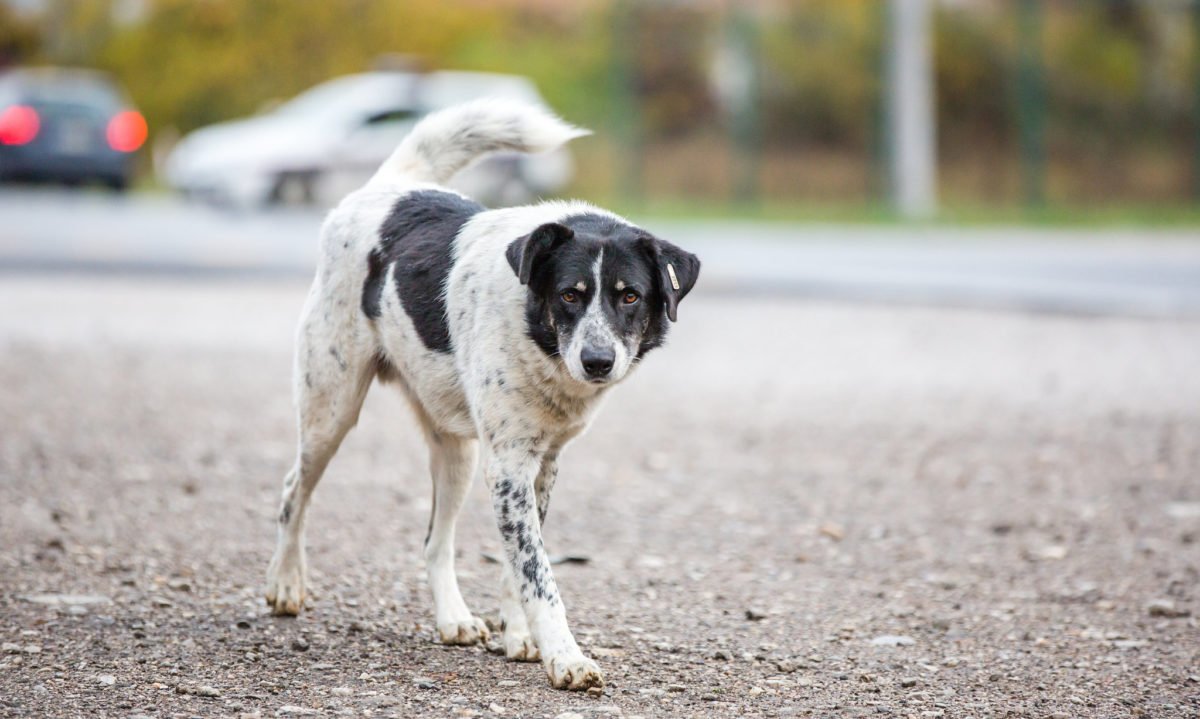June 2017 Research Shows: The Number of Street Dogs in Sarajevo Has Nearly Halved Compared to Last Year

According to the dog count conducted by the Dogs Trust Representative Office in June 2017, there are around 5000 abandoned dogs on the streets of Sarajevo, which is almost half the number compared to last year – when around 9000 dogs were counted.
There are around 6000 dogs in other municipalities of Canton Sarajevo, which is around 2000 dogs less compared to last year.
The significant decrease of abandoned dogs can be a direct consequence of the Mass Neutering Campaign that has been supported by Dogs Trust Representative office for over 5 years in this Canton, as well as increased efforts of the NGOs, the local government, and the increase of local and international rehoming initiatives.
All of the Programmes implemented by the Representative Office since 2012 have contributed to this result, especially the Public Education and Awareness Campaign, Education Programme, as well as free dog training at the Dog School!
Dogs Trust Representative Office has been conducting an annual dog count in the city of Sarajevo since 2012, while the first dog count for the entire Canton Sarajevo was conducted in 2015.
The highest number of dogs in Sarajevo, 12,500 abandoned dogs, was recorded in 2013. By 2015, the number of abandoned dogs decreased by 38%. This year, the largest decrease in the number of abandoned dogs was recorded, almost 50% less than in 2016!
Majority of Marked Dogs Have Dogs Trust Ear Tags
Research shows that, out of the total number of counted marked dogs in Sarajevo, 90% have a white Dogs Trust ear tag. In other municipalities of Canton Sarajevo, the percentage of dogs marked with a Dogs Trust ear tag is 80%!
This data shows excellent results of the Neutering Programme, and it encourages the Representative office in its plans to continue and expand this Programme throughout Bosnia and Herzegovina.
Improved Welfare of Abandoned Dogs
This year, abandoned dogs are in much better overall state compared to last year; dogs look better, there are fewer limping dogs, most dogs are better fed and less afraid.
The improved overall welfare of abandoned dogs is an important indicator of a change of awareness which is reflected by a more humane approach to these dogs by the citizens of this Canton. The percentage of abused dogs is also considerably lower, according to data from the Veterinary Faculty of the University of Sarajevo. These excellent results are due to the Representative office’s continuous efforts for public education and awareness through public campaigns.
Fewer Dog Packs, Puppies and Less Female Than Male Dogs
A smaller number of dog packs compared to last year and fewer dogs within existing packs (an average of two), was recorded by the researchers.
In addition to this, there is significantly less puppies on the streets – which is the aim of the Mass Neutering Programme. The fact that, among the abandoned dogs, there is less female dogs than male is also encouraging.
These results show that the aim to neuter 80% of the total population of abandoned dogs is closer than expected. The neutering of this percentage of abandoned dogs will lead to a decrease of stray dogs, especially if the local authorities implement consequences for irresponsible dog ownership and establish a law-compliant Dog Population Management System.
Dogs Trust Programmes cover 40% of the territory of Bosnia and Herzegovina. The expansion of the support throughout the country is planned in accordance with the Foundation’s resources and depends on the support of local authorities.
Future Plans
The next step for Dogs Trust in Bosnia and Herzegovina is support of rehoming! Good news is that the Executive Board of the Dogs Trust Foundation has recently approved funds for the development of the Dogs Trust Rehoming Centre in Canton Sarajevo! This Centre will comply to the same high standards and procedures as the 22 Rehoming Centres in the United Kingdom and will be unique, not only in Bosnia and Herzegovina, but in this part of Europe as well.
Considering that this is a long-term project, Dogs Trust will, in the meantime, launch its Fostering Programme which will continue to be support for high quality rehoming even after the opening of the Centre.
With the support of organized rehoming of dogs in accordance with the highest standards of animal welfare which guarantee that adopted dogs will not be abandoned, Dogs Trust will round up its comprehensive support in Bosnia and Herzegovina.
Dogs Trust Representative Office emphasizes that only implementation of a law-compliant Dog Population Management System by the local authorities will efficiently and effectively solve the stray dog problem and lead to the day when dogs will live in homes of their responsible owners, instead of on the streets.
